Understanding the Role of Proteins in Weight Loss
You’ve probably heard it a million times – proteins are essential for weight loss. But have you ever wondered why? This article brings you one step closer to understanding how proteins can be your allies in your weight loss journey. From expediting fat burning to keeping you satiated for longer periods, proteins can play several crucial roles. Ready to unlock the secrets of proteins? Let’s guide you through its numerous benefits for swift and effective weight loss.
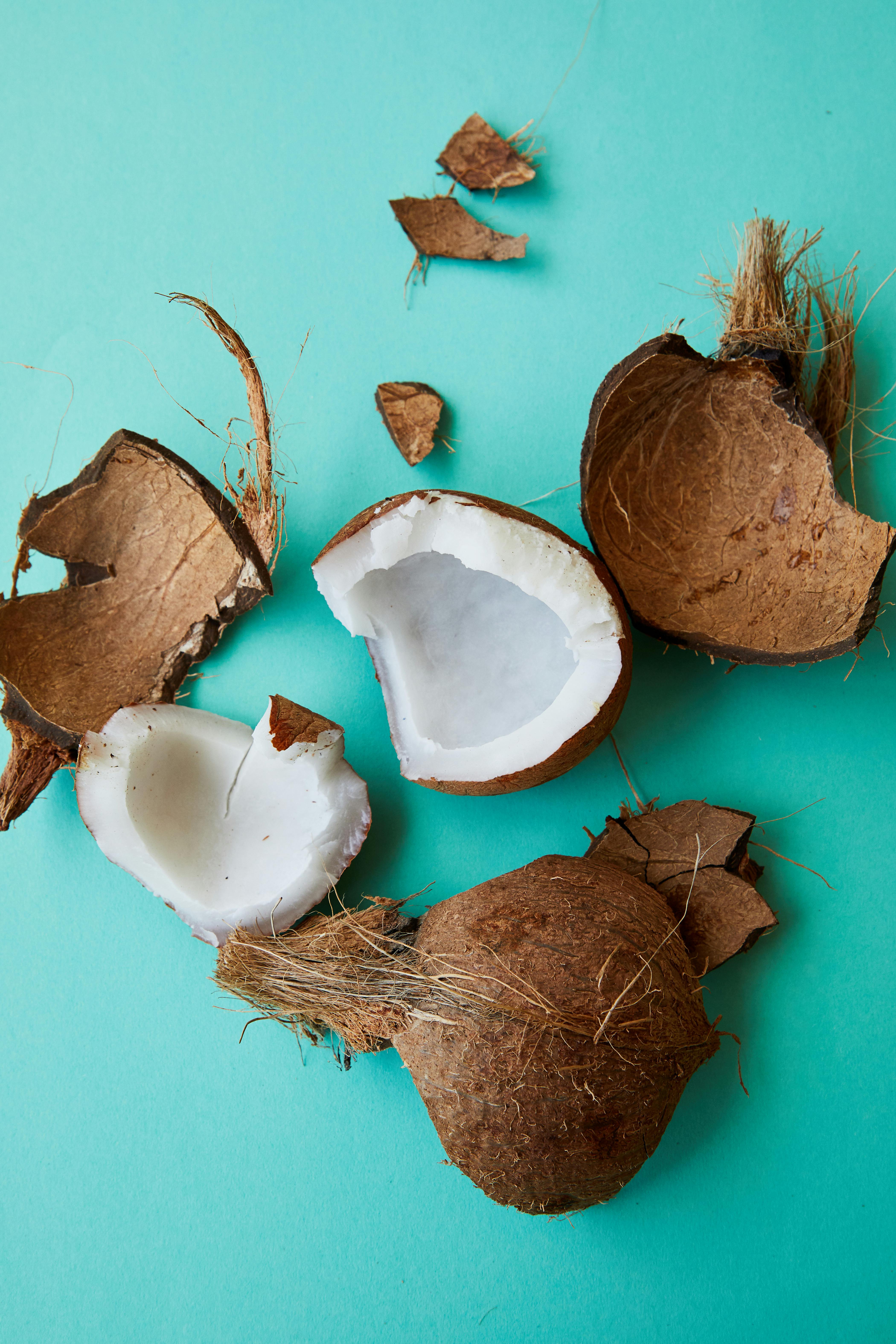
Understanding the Basics of Proteins
Definition and Types of Proteins
Proteins are large, complex molecules that play a critical role in the body. They are formed by smaller units called amino acids, and these are essential for the function, structure, and regulation of the organs and cells in your body. There are many types of proteins, with the most well-known being enzymes, hormones, antibodies, and structural proteins. Each has its own function, from supporting metabolism to protecting the body against diseases.
Functions of Proteins Bodies
Proteins are often considered the body’s workhorses. They’re responsible for numerous functions, from building tissues, muscle, and skin to creating enzymes and hormones that keep your body functioning optimally. They also play a key role in cell signaling, immune responses, and the transport of molecules across cells.
Protein Sources and their Nutritional Value
Proteins come from both animal and plant sources. Animal-based protein sources include meat, fish, eggs, and dairy products, while plant-based sources include legumes, nuts, and certain grains. Both sources of protein offer essential amino acids, but animal sources are generally ‘complete’ proteins, meaning they provide all essential amino acids your body needs. Both sources offer nutritional value, providing your body with the essential building blocks it needs to function properly.
How Proteins Influence Weight Loss
Boosting Metabolism through Protein Consumption
Proteins can help boost your metabolism by increasing your body’s energy expenditure, or the number of calories your body burns through the day. Since proteins are harder for your body to break down than fats or carbs, they have a higher thermogenic effect, leading to more calories burned during digestion.
Role of Protein in Fat Burning
Protein can also aid in fat burning. Proteins require more energy to break down than other nutrients, leading to an increase in the number of calories burned throughout the day. Additionally, they help to maintain muscle mass, which can boost your metabolism and increase fat burning.
Protein as a Satiety Agent
One of the reasons why proteins are key to weight loss is their ability to keep you feeling satisfied after a meal. This is because protein, along with fiber, slows down digestion, making you feel full for a longer period of time and preventing overeating.
Protein’s Role in Lean Muscle Mass Building
Protein is a crucial component in muscle building. In fact, resistance training alongside adequate protein consumption is a potent combination for building lean muscle mass. And the more muscle you have, the more calories you will burn, even at rest.
Protein Consumption and Calorie Intake
Impact of High Protein Diet on Calorie Intake
A high-protein diet can inadvertently lead to a reduction in calorie intake. Since protein increases satiety, you’re likely to eat less without consciously trying to. This natural reduction in calorie intake can be beneficial for weight loss.
Understanding Protein Thermogenesis
Protein thermogenesis refers to the process of your body burning more calories to digest protein compared to fats and carbohydrates. This process increases your overall energy expenditure and may help contribute to weight loss.
Comparative Calorie Burning: Proteins Vs Carbs and Fats
When compared to carbs and fats, proteins are the most thermogenic of all the macronutrients. That means your body uses more energy to digest, absorb, and distribute nutrients from protein, leading to more calories burned than when processing carbohydrates or fats.
Optimum Protein Consumption for Weight Loss
Recommend Daily Protein Intake
While protein needs can vary from person to person, a general guideline for weight loss is to aim for around 25-30% of your daily calorie intake from protein. This allows space for consumption of other essential nutrients from carbohydrates and fats.
Customizing Protein Intake based on Body Weight
The amount of protein you need also depends on your body weight. A general rule of thumb is to consume 0.8 grams of protein per kilogram of body weight, though this amount may increase if you’re physically active or aiming for weight loss.
Influence of Physical Activity on Protein Intake
Physical activity can increase your protein needs, particularly if you’re performing resistance or strength-training exercises. These forms of exercise cause small tears in your muscle fibers, which proteins help repair, leading to muscle growth and strength.
Understanding the Concepts of High Protein-Low Carb Diets
High protein-low carb diets often involve replacing some carbohydrates with protein. The idea is to take advantage of protein’s satiety and thermogenesis effects to aid weight loss. However, it’s essential to still consume some carbohydrates for energy.
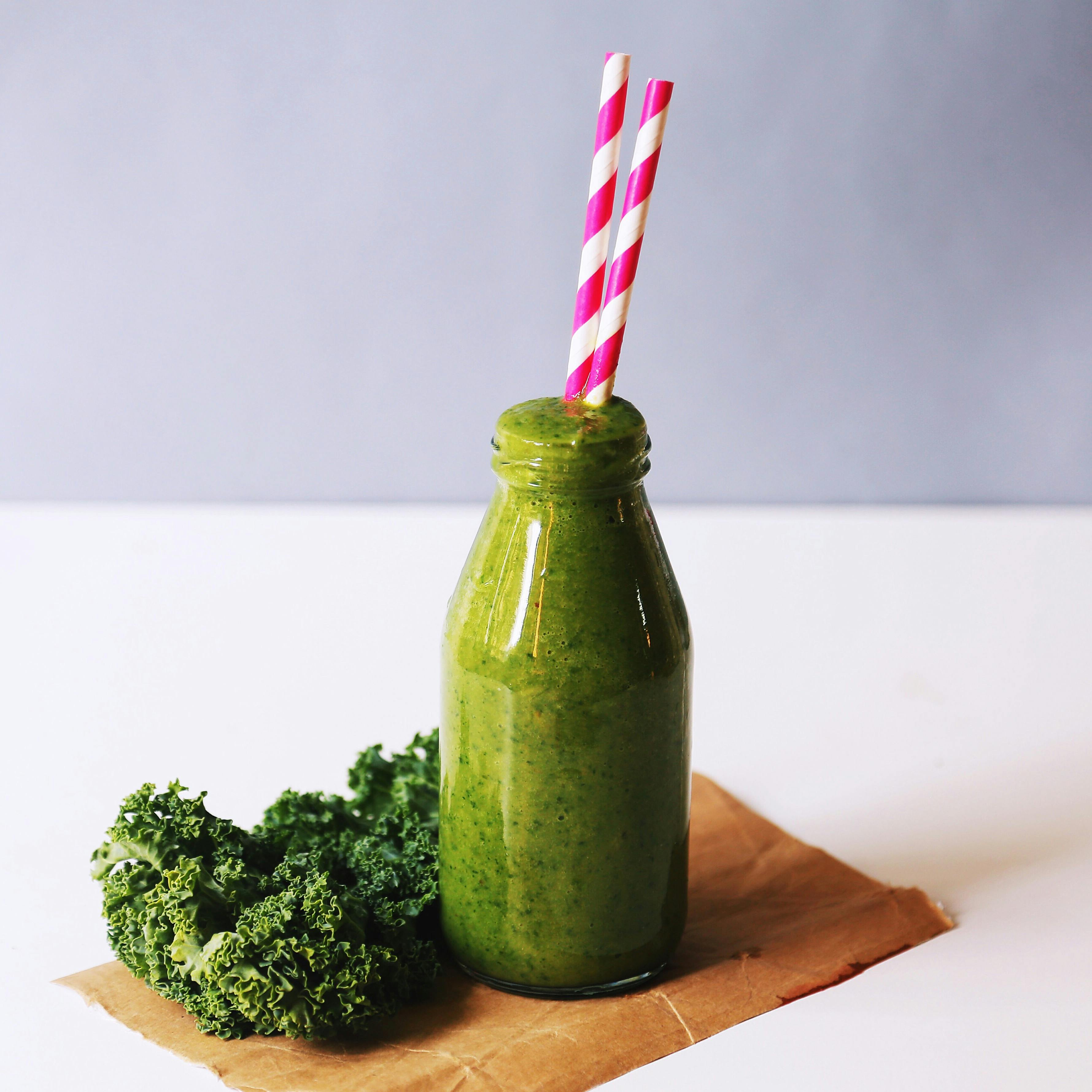
Potential Risks of High Protein Diets
Nutritional Imbalances due to High Protein Diets
While high-protein diets can aid in weight loss, they can also lead to nutritional imbalances if not designed correctly. A diet too high in protein can push out other important foods, leading to deficiencies in essential nutrients.
Implications on Kidney Function
High protein diets particularly in people with pre-existing kidney conditions may lead to an excess of waste in the bloodstream, placing additional stress on the kidneys. However, in healthy individuals, high protein diets are typically well-tolerated.
Risk of Dehydration
The process of metabolizing protein produces waste products that your body needs to eliminate, which requires more water intake. If you’re not drinking enough water on a high-protein diet, you might find yourself dehydrated.
Understanding the ‘Protein Window’ Misconception
The ‘protein window’ is the belief that you must consume protein within a certain time-frame post-workout for optimal muscle recovery and growth. However, recent studies suggest the total daily protein intake is more crucial than the timing of your protein consumption.
Role of Protein Supplements in Weight Loss
Understanding Protein Powders and Their Uses
Protein powders are a convenient and efficient way to increase protein intake. They can be added to foods, meals, or taken alone and can be particularly useful for those with increased protein needs or who struggle to meet their needs through food alone.
Choosing the Right Protein Supplement
When choosing a protein supplement, consider the protein source (whey, casein, or plant-based), the amount of protein per serving, and any additional ingredients. Choose a supplement that matches your dietary preferences and health goals.
Timing of Protein Supplement Intake
While timing isn’t crucial, some people find it beneficial to consume protein supplements after workouts to help with muscle recovery. Equally, a protein shake can make for a convenient and satiating breakfast or snack, helping you stay fuller for longer.
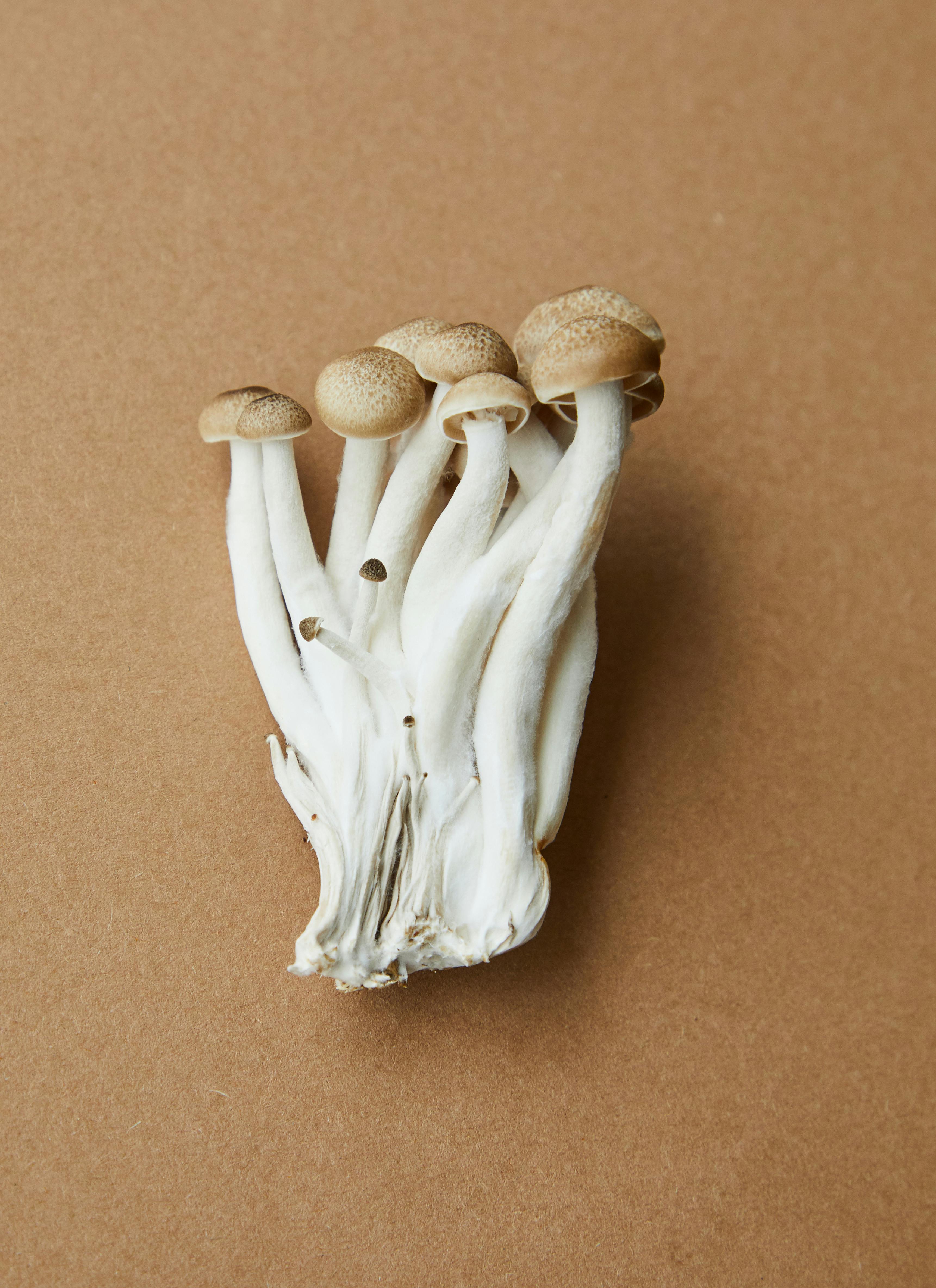
Protein-Rich Foods for Weight Loss
Top Protein-Rich Foods and Their Nutritional Value
Some of the best protein-rich foods for weight loss include lean meats, eggs, dairy products, legumes, nuts, and seeds. Besides being high in protein, these foods also provide other essential nutrients, making them a balanced choice.
Incorporating Protein-Rich Foods into Daily Meals
Incorporating protein-rich foods into your meals can be as easy as adding grilled chicken to your salad, cooking up a vegetable and egg scramble for breakfast, or snacking on a handful of nuts in the afternoon.
Easy and Quick Protein-Rich Recipes
Protein-rich recipes don’t have to be complex. Try making a Greek yogurt parfait with berries and seeds for breakfast, a quinoa and grilled chicken bowl for lunch, or a lentil and vegetable stir-fry for dinner. Remember, the goal is to incorporate protein throughout your day to keep you satiated and support your weight loss goals.
Impact of Protein on Other Weight Loss Factors
Effects of Protein on Energy Levels and Exercise Performance
Protein can also impact your energy levels and exercise performance. Sufficient protein intake can help prevent fatigue and preserve muscle mass, enhancing overall workout performance and assisting in post-exercise recovery.
Impact of Protein on Hormonal Balance
Proteins play a significant role in the production and function of hormones. Certain hormones associated with hunger and fullness are positively influenced by protein intake, helping to control appetite and potentially support weight loss.
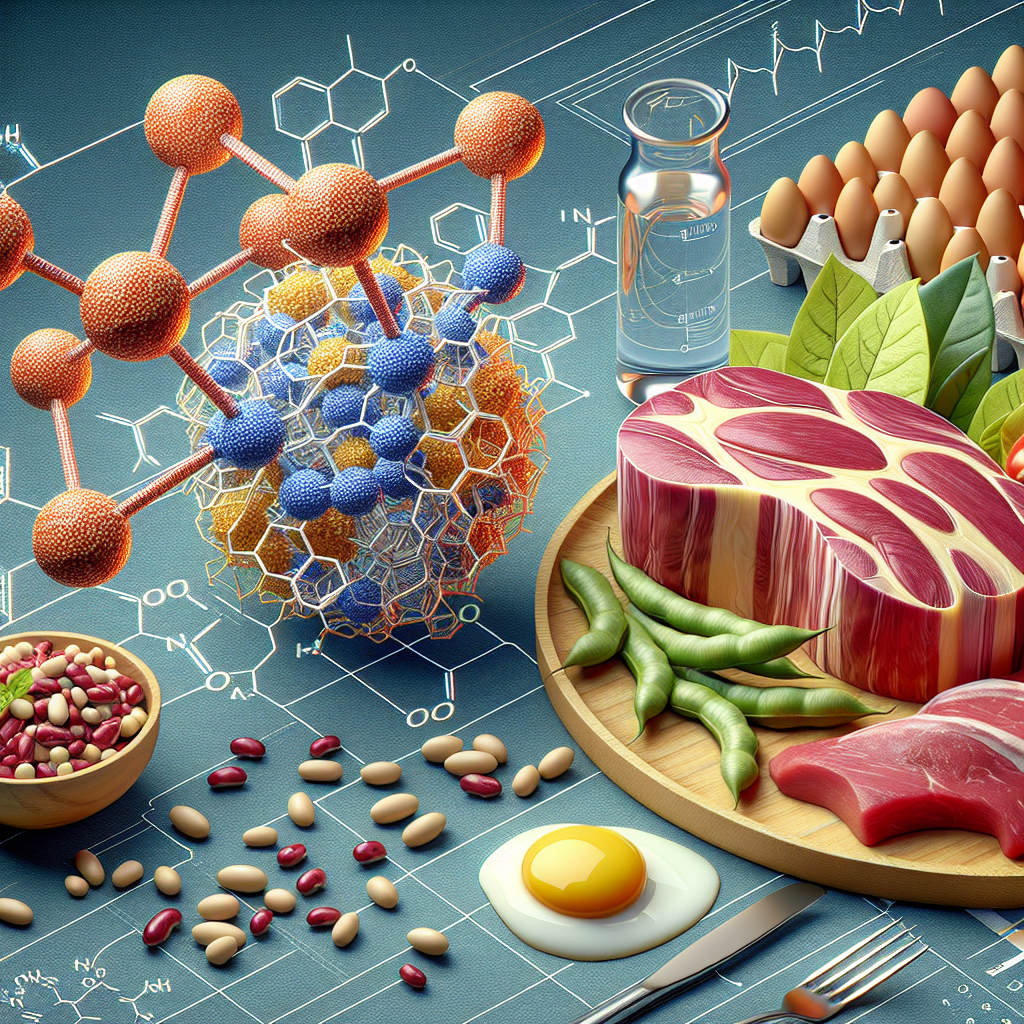
Case Studies of Protein-Based Weight Loss
Real-Life Success Stories of Protein-Based Weight Loss
There are numerous success stories of individuals losing weight with a protein-based diet. These success stories often involve increasing protein intake, along with physical activity and conscious intake of carbs and fats, to achieve a sustainable and healthy weight loss.
Scientific Research and Findings on Protein and Weight Loss
Research supports the role of protein in weight loss. Studies have shown the benefits of protein-rich diets in reducing body weight, improving body composition, and preserving lean muscle mass during weight loss, among other benefits.
Conclusion: Incorporating Protein into Your Weight Loss Plan
Realistic Expectations from a Protein-Based Weight Loss Plan
While a protein-based weight loss plan can bring about significant weight loss, remember it’s important to have realistic expectations. Weight loss is a gradual process, and while increasing protein can aid in this process, it’s not a standalone solution. A balanced, well-rounded diet paired with regular physical activity is the key to sustainable weight loss.
Balancing Protein Intake with Other Nutrient Needs
While focusing on protein, it’s important not to overlook the role of other nutrients in your weight loss journey. A diet rich in fruits, vegetables, whole grains, and healthy fats, along with protein, is the best approach to nourishing your body and assisting in weight loss. Ultimately, making dietary changes that can be sustained in the long term will bring about the most meaningful and lasting changes.

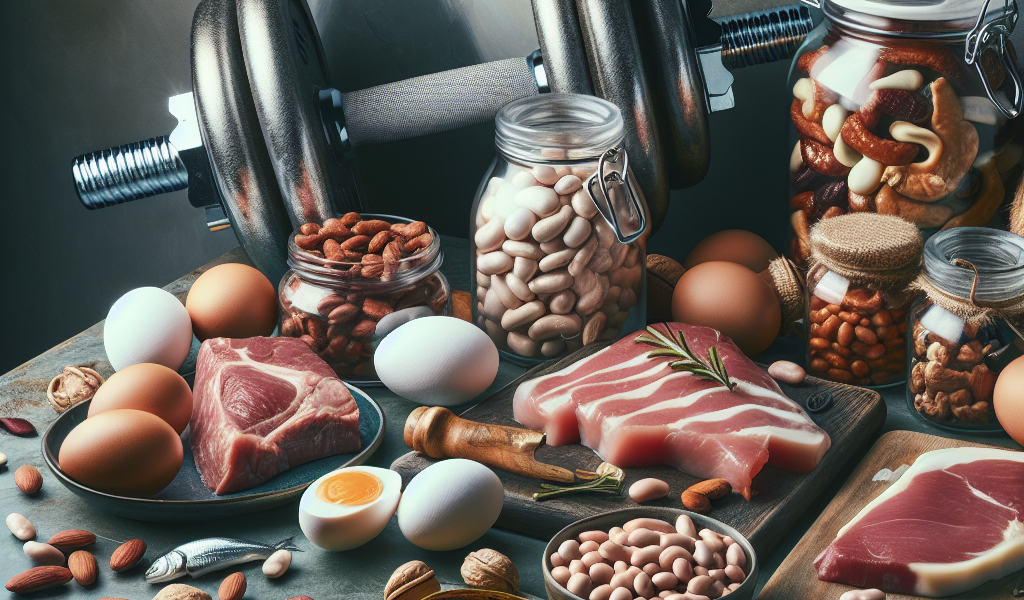
Pingback: Learning about Non Fat-Soluble Vitamins - Lose Weight With Absolute Minimal Diet - Your All In One Guide to Weight Loss & Nutrition
Pingback: The Role Of Diet And Exercise In Sustainable Weight Loss
Pingback: Understanding How Long It Takes To See Results In Weight Loss
Pingback: Understanding The Ideal Duration Of Ketosis For Weight Loss